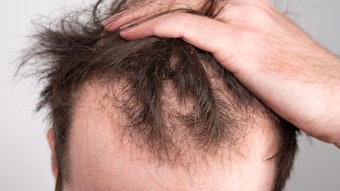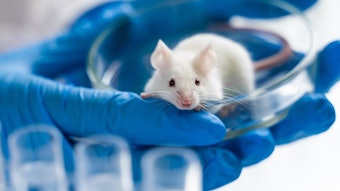Science-based skin care is not new to the industry, but according to market research firm Diagonal Reports, it's a new demand from consumers. In a report looking at skin care from 2014-2020, the emergence of scientific skin care is identified as a new category, illustrating a fundamental change in consumer beauty behavior. Further, scientific skin care is expected to transform the entire market for the simple reason that skin care category dominates personal care product sales.
Back in 2006, Diagonal Reports identified the widespread demand for more effective solutions for common facial and skin care problems. Marketing experts explained that women in regions as widespread as the United States, Europe and China had radically heightened expectations for skin care treatments and products. Product developers responded advanced anti-aging, anti-inflammatory, skin whitening, anti-cellulite and other active forms of skin care, to provide users with real effects.
Taking scientific skin care a step further, the Cosmetics & Toiletries Summit will feature an entire conference track focused on concepts for this growing segment; from skin delivery for actives and optical effects in color cosmetics to UV protection and a probiotic approach to skin wellness.
Speakers
Active Delivery
Joe Gabriele, PhD, of McMaster University and Delivra Inc., will present the latest advances in the field of transdermal delivery, as well as how these revolutionary methods can be exploited to develop more efficient, safer and superior cosmetics, natural health products, and personal care.
Optical Effects
Gabriela Oana Cula, PhD, of Johnson & Johnson, will explore optical effects based on how biology interacts with pigments and other topical coatings, in relation to the physics of light reflection and refraction. She will discuss the application of this science in high-definition makeup, for soft focus effects, in skin illumination, for evening of skin tone and more.
UV Protection
Jin-ye Wang, PhD, of Shanghai Jiaotong University, will describe a technology that enables the development of reactivating sunscreens; specifically azobenzene compounds attached to a cholesterol group. Her research was presented in a recent paper published by Cosmetics & Toiletries, which showed how, by exposing the material's surface to a source of UV light, trans-azobenzene is converted to a cis-azobenzene. Then, by allowing the cis-azobenzene to return to the trans state, it forms reactivated trans-azobenzene that can again be reactivated.
'Probiotic' Skin Care
Elizabeth Grice, PhD, of the Perelman School of Medicine, University of Pennsylvania, will consider genomic approaches to analyze the cutaneous microbiota and its responses to perturbation to elucidate these relationships and provide a foundation for targeting host-microbe equilibrium. By doing so, skin homeostasis can be restored and the skin barrier strengthened.
Join us for the Cosmetics & Toiletries Research & Discovery Summit on June 26 and 27, 2014, at the University of Pennsylvania in Philadelphia. Register now—space is limited. Skin not your category? Hair care research is also covered. "Research" content too far upstream? Day two's hands-on workshops build formulating skills. Integrate yourself in this R&D experience.










